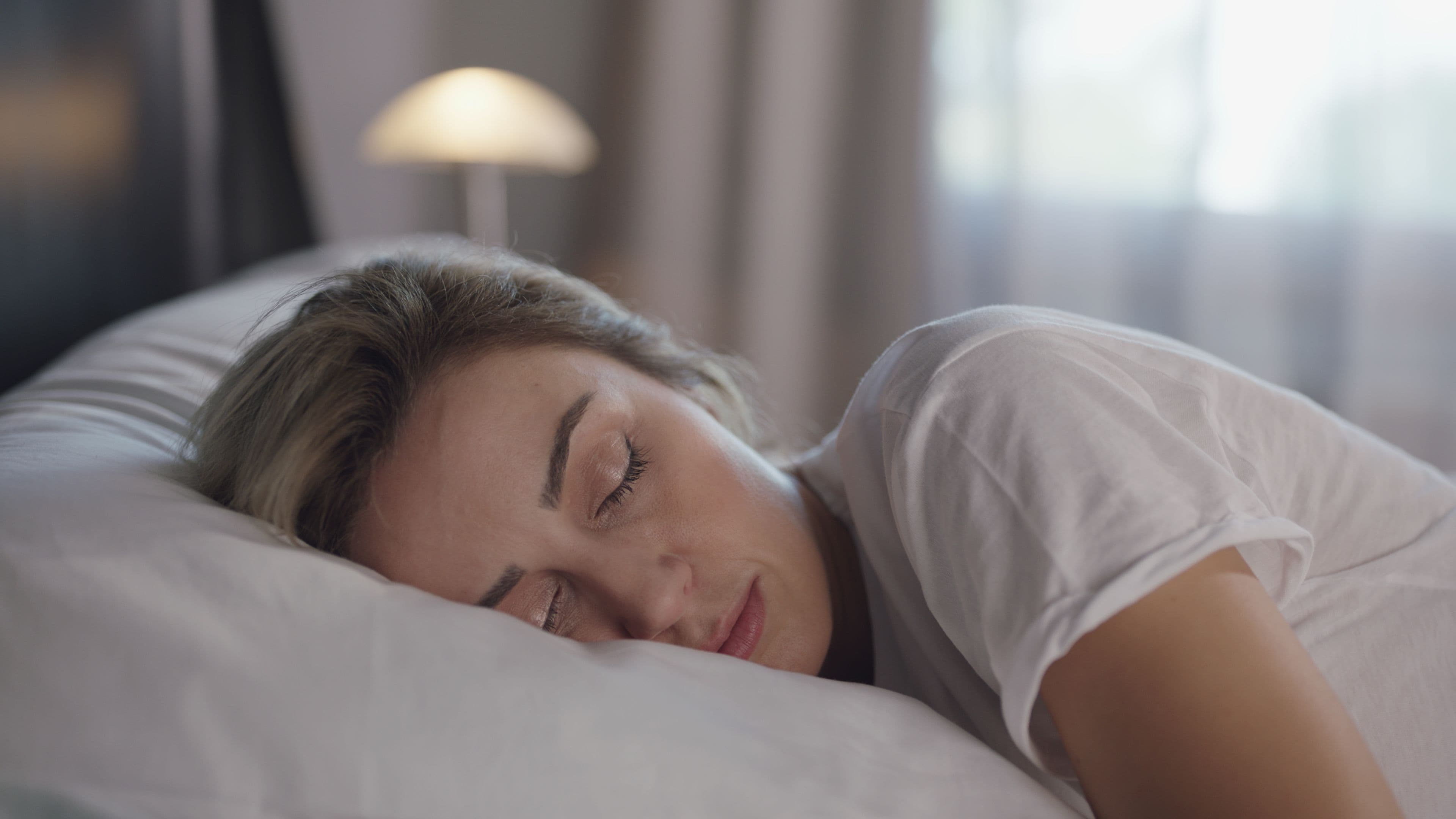Insomnia is a common sleep disorder that can have a significant impact on a person’s physical and mental well-being. People with insomnia may experience difficulty falling asleep, staying asleep, or waking up too early and not being able to fall back asleep. Moreover, chronic insomnia can lead to irritability, fatigue, poor concentration, and even long-term health problems such as increased risk of heart disease, depression, and diabetes. As a result, finding natural and effective ways to improve sleep quality, including massage therapy in a daily routine, is a priority for many.
Insomnia and how lack of sleep affects your health
As we know, sleep is essential for the body to repair and rejuvenate. Lack of sleep weakens the immune system, making you more susceptible to infections. As already pointed out, it can also increase the risk of developing chronic conditions such as hypertension, diabetes, and heart disease. Moreover, insufficient rest often leads to hormonal imbalances, affecting appetite regulation and potentially contributing to weight gain.
Chronic insomnia often results in mood disorders such as anxiety and depression. Sleep deprivation can impair cognitive functions like memory, attention, and decision-making, affecting daily productivity. Over time, it can exacerbate feelings of frustration and irritability, creating a vicious cycle of stress and sleeplessness.
Main benefits of regular massage for better sleep quality
Massage therapy is the practice of manipulating soft tissues of the body to promote relaxation and healing. Techniques may include kneading, pressing, and rubbing muscles to release tension, alleviate stress, and improve circulation. In recent years, massage has gained recognition as an effective method for improving sleep quality, especially for those struggling with insomnia.
Frequent massage brings numerous benefits in terms of combating periods of insomnia
In short, when it comes to insomnia, massage therapy works by stimulating the body’s parasympathetic nervous system — the “rest and digest” system. This response helps lower heart rate and blood pressure, reduces muscle tension, and induces a state of relaxation, making it easier to fall and stay asleep.
Of course, regular massage can offer numerous benefits when it comes to improving sleep. Some of the most notable benefits include:
Stress reduction
One of the primary contributors to insomnia is stress. Massage therapy is known to lower cortisol levels (the stress hormone) in the body, creating a sense of calm and relaxation that promotes a better night's sleep.
Improved circulation
Massage helps to increase blood flow, which allows for better oxygen and nutrient delivery to muscles and tissues. This can alleviate discomfort and muscle pain that may otherwise interfere with restful sleep.
Muscle relaxation
Tension in muscles, particularly in the neck, shoulders, and back, can make it difficult to relax and sleep well. Regular massage helps release muscle tightness, making it easier to fall asleep and stay asleep.
Best types of massage for treating insomnia
Not all massages are the same, and some types are particularly effective in alleviating insomnia symptoms. In that regard, some of the best types of massage therapy for insomnia may include the following techniques:
Swedish massage
Swedish massage is a gentle and relaxing technique designed to improve blood circulation, ease muscle tension, and promote overall well-being. Using long, flowing strokes, kneading, and rhythmic tapping, this type of massage helps reduce stress and enhance relaxation, making it perfect for unwinding.
Aromatherapy massage
Aromatherapy massage combines soothing massage techniques with the use of essential oils to enhance both physical and emotional well-being. The calming scents, paired with gentle pressure, help alleviate stress, improve mood, and create a deeply therapeutic experience (also certain scents like lavender and chamomile are known for their sleep-promoting properties).
Deep tissue massage
Deep tissue massage focuses on targeting deeper muscle layers and connective tissues to relieve chronic pain and muscle tension. Using slow, firm strokes, this technique is ideal for addressing issues like stiffness, injuries, or stress-related muscle strain, leaving you feeling restored and balanced.
Use a full-body massage chair for improving overall sleep quality
While massage therapy is effective, consistency is key. To experience the full benefits, it's recommended to schedule regular sessions. Depending on your needs, getting a massage once or twice a week can help alleviate tension and improve sleep over time. For those with more severe insomnia, more frequent massages may be necessary at first. However, even monthly sessions can be helpful for maintaining overall sleep quality.
Thus, a full-body massage chair can be a game-changer for those seeking better sleep. These advanced devices are designed to provide targeted relaxation by easing muscle tension, reducing stress, and improving blood circulation. As you recline in the chair, gentle movements and pressure stimulate your body's natural relaxation response, helping to lower cortisol levels and enhance your sense of calm. This makes it easier to drift into a deep and restorative sleep. Whether you struggle with insomnia or just want to unwind after a long day, incorporating regular sessions with a full-body and heated massage chair into your routine could be the key to waking up refreshed and energised.
As explained, for those struggling with insomnia, massage therapy can provide a natural and effective solution. By reducing stress, alleviating muscle tension, and improving circulation, massage promotes relaxation and helps regulate sleep patterns. While it may not be a cure-all for everyone, incorporating regular massage sessions into your wellness routine can significantly enhance your sleep quality and overall health.
